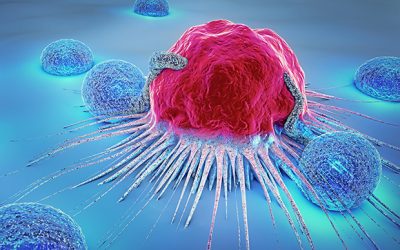Elicio Therapeutics has announced positive phase 1 clinical data suggesting that its cancer vaccine could be a viable option for the treatment of pancreatic and other cancers.
The vaccine was developed by Darrel Irvine, a professor at the Massachusetts Institute of Technology (MIT) and other colleagues, and was later refined by researchers at Elicio, an MIT spinout.
In mouse models of HIV, melanoma and cervical cancer, researchers found that peptides from the vaccine modified to bind albumin produced a T cell response that was five to ten times greater than the response to peptides alone.
The team later generated larger immune responses after pairing the cancer-targeted vaccine with CAR T cell therapy. In combination, it increased antitumour T cell populations and the number of T cells that successfully invaded the tumours, eliminating 60% of solid tumours in mice, while CAR T cell therapy alone had almost no effect.
The AMPLIFY-201 clinical trial testing the ELI-002 vaccine targeted cancers with mutations in the KRAS gene and focused on an aggressive cancer known as pancreatic ductal adenocarcinoma (PDAC), which accounts for 90% of pancreatic cancers.
Data has shown that the vaccine has the potential to target up to seven KRAS variants at once, covering 88% of PDAC cases, with current ongoing phase 1 and 2 studies.
Results showed robust responses in human patients with pancreatic and colorectal cancer: 84% had an average 56-fold increase in the number of antitumour T cells and 24% had complete elimination of blood biomarkers of residual tumours.
Additionally, an 86% reduction in the risk of cancer progression or death was also observed in patients who had strong immune responses.
Elicio is currently testing the formulation of the vaccine that targets the seven KRAS mutations and plans to address other KRAS-driven cancers, including colorectal and non-small cell lung cancers.










